Continuous Improvement in Field Epidemiology Education: Enhancing FETP Learning through Mentorship Workshops
From May 20 to May 23, 2025, faculty members and field mentors from the Field Epidemiology Training Program (FETP), including those from Udayana University and Bali, participated in a workshop designed to enhance the quality of student learning and improve the professional development of mentors. This workshop, held as part of the ongoing effort to elevate the effectiveness of FETP education, was attended by over 30 mentors from seven provinces across Indonesia, including key figures from Udayana University such as Dr. dr. Anak Agung Sagung Sawitri, MPH and Dr. Putu Cintya Denny Yuliyatni, MPH, who oversee the FETP program at Udayana. The workshop was also attended by field mentors from Bali, including Wayan Sugihana, SKM., MPH (Bali Provincial Health Office), Komang Suardani, SST., M.Kes (Buleleng Health Office), and Made Arta, S.Kep., M.Kes (Bali Port Health Quarantine). Two of them are alumni from FETP Udayana.
|
|
The event was inaugurated with remarks from Dr. Sumarjaya, SKM, MM, MFP, C.F.A., the Director of Surveillance and Health Quarantine, who provided updates on FETP across Indonesia. Rebecca D. Merrill, PhD, MHS, Country Director of U.S. CDC Indonesia, also shared her insights on the CDC's involvement in supporting FETP's objectives.
The core of the workshop was to promote the continuous improvement of field mentors and their ability to guide students through complex epidemiological scenarios. Participants were presented with a comprehensive update on Indonesia’s Early Warning Surveillance and Response System (SKDR) by Dr. Endah Kusumowardani, M.Epid, and on KLB Response Programs by Dr. Tunggul Birowo, MH. This was followed by a vibrant discussion session on the current challenges faced by field mentors and academics.
The event’s format encouraged collaboration through interactive group discussions, where participants were divided into eight groups consisting of both academics and practitioners. This setup was designed to enrich the learning experience by promoting cross-regional and cross-disciplinary knowledge exchange. By working in diverse groups, mentors and faculty had the opportunity to share insights on field epidemiology practices, discuss how to communicate outbreak information effectively to various audiences, and analyze the truthfulness and implications of field reports. The practical nature of the workshop was reinforced by activities like reviewing student reports on outbreak investigations and providing feedback on how these reports could be improved.
|
|
The presentation topics, including “The Big Picture,” “Every Outbreak is a Story,” and “What is the ‘So What’?”, challenged the participants to think critically about how to effectively communicate complex epidemiological data and how to improve the quality of field assignments for students. These activities were vital in promoting the continuous learning and professional development of both mentors and faculty, ensuring they stay abreast of the latest developments in epidemiological methods and public health communication.
For Udayana University’s MPH Program, the workshop served as a valuable opportunity to strengthen its commitment to quality education. The active participation of Udayana’s faculty members and mentors underscored the program’s ongoing efforts to improve its teaching methods, curriculum delivery, and field training opportunities. By collaborating with FETP mentors from across Indonesia and working with international partners like the CDC, Udayana’s program aims to continually enhance the learning experience for its students and ensure they receive a well-rounded, high-quality education in field epidemiology.
This workshop, in line with the vision and mission of Udayana University’s MPH Program, has contributed significantly to the professional growth of the faculty and field mentors. It also highlights the program's commitment to international standards in public health education and its goal of producing graduates who are equipped with the necessary skills to address real-world public health challenges. Through continuous improvement, Udayana University aims to produce public health professionals who are not only proficient in epidemiology but also capable of contributing meaningfully to the global public health community.
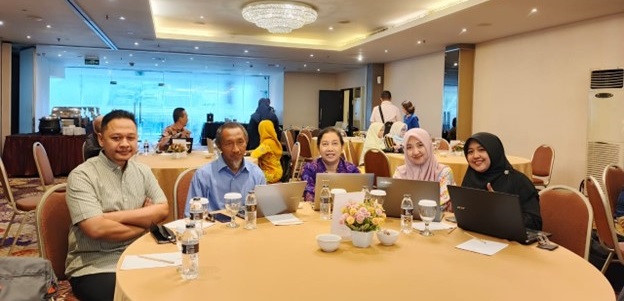
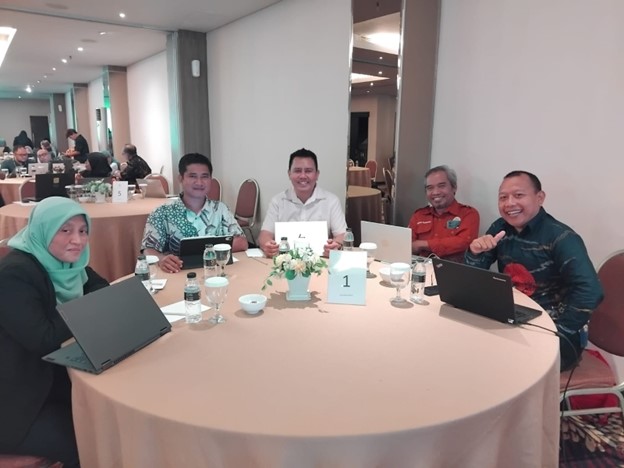
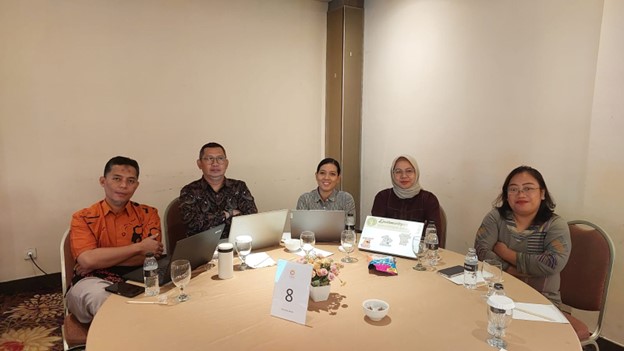
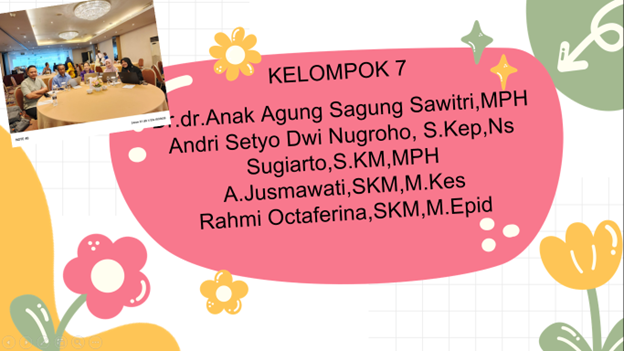
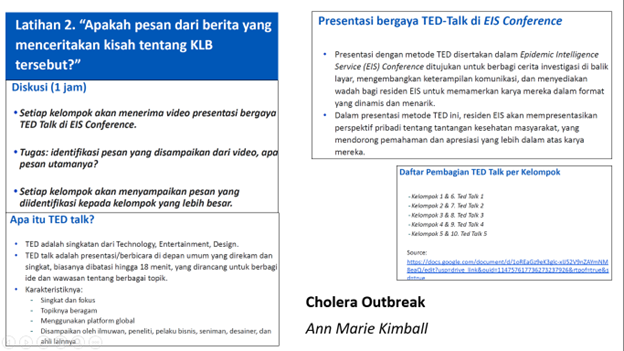
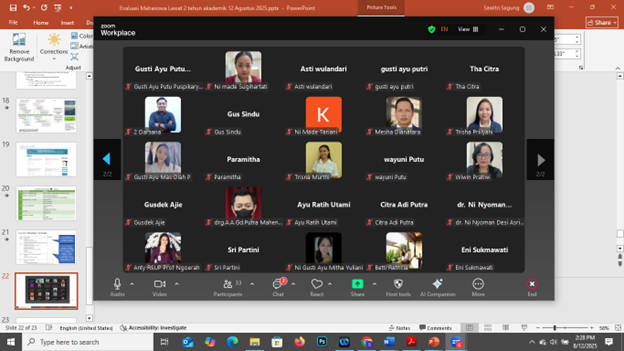

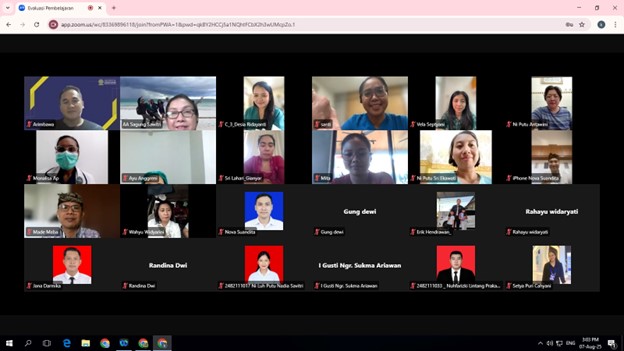
MEDICAL FACULTY